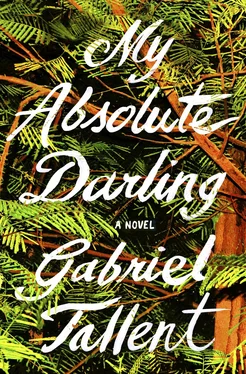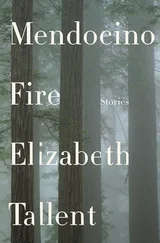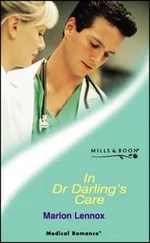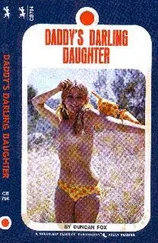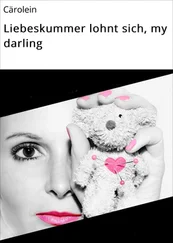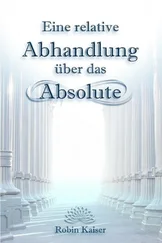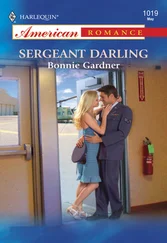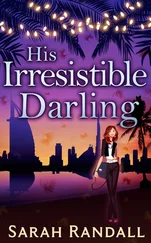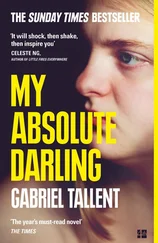Anna stands, still winded, her hands on her hips. Turtle can smell the other woman, a healthy, sweaty runner’s scent, her tank top plastered to her wet stomach. She wipes at her face again, panting and seeming to think that over. She says, “Julia, why do you think that?”
“Of course,” Turtle says, “of course. Of course that’s what you’d say. I hate these questions. Why do I think that? Because it’s true . It is so obviously true, so clearly true, that I don’t understand why you would ask. You only ask because you have nothing to contribute except open-ended questions, which isn’t teaching, which doesn’t help. Why do I think that? I think that because it’s true. You know it’s true.”
“Do you really think that’s true?”
“Oh, my fucking, motherfucking, shit-shitting god ,” Turtle says. “What is wrong with you?”
Anna blushes deep red. Even her ears go pink. She looks aside, off to the ocean, jaw open like someone struck. Stray hairs have escaped her tight, high ponytail and points of water cling to their tips. She says, “Julia, that’s fair. I messed that one up; you told me what you didn’t like and I went and did it.” The road runs from town, where they can see low white buildings with peaked wood-shingle roofs and gingerbread weatherboard, water towers burned brownish-black with age. Opposite the town, an expanse of coastal prairie running out to coyote brush hedges, cypresses stooped and ragged, the ocean, sea stacks barren and carpeted with vast congregations of birds. Anna breathes deeply, doesn’t seem to know what to say. Turtle watches her, feeling like she cannot exhale, her chest high and tight. She is ready for Anna to fuck this up, and Anna seems to be gathering herself and telling herself, don’t fuck this up, Anna. Turtle thinks, I am screwed. I have said too much and I am so fucked it’s not even funny and I’ve ruined everything and she’s going to call CPS for sure.
Anna says, “Julia, do you know what I think?”
Turtle looks away, embarrassed, and Anna continues, blushing. “That was rhetorical, it wasn’t a real question, what I mean, Julia, is that whatever you believe I think is mistaken. There has been a miscommunication here. I watch you every day and I know that you’re smart. I know that you keep your thoughts to yourself and you don’t apply yourself to your work, and that’s why you’re struggling—but that doesn’t mean you’re stupid. It means that, in class at least, you’re nervous and shy.”
“You don’t know that,” Turtle says. “I suck at this. I suck at all of this. I can’t do it . That’s like saying I’m good at math but just can’t do math. I’m not smart, Anna.”
“If you could just show some spine in that classroom—”
“I have spine,” Turtle says.
“That’s not what I meant,” Anna says quickly, “that was the wrong thing to say, spine’s not what I meant.” She looks around, rolling her eyes a little at herself, and Turtle looks at this in wonder, and she thinks, is she rolling her eyes because I am so frustrating and stupid, or is she doing that because she wants this to go well and she is embarrassed that she has made a mistake? Turtle doesn’t know.
Anna continues. “Julia, listen to me, you come to school, and you sit there and stare out the classroom window. You don’t pay attention. You don’t study. You don’t have friends and you don’t feel safe and you come to the first question on that test and you have this feeling of not knowing and you don’t push through it, you just stop there, and you think, ‘I don’t know it,’ and you sit there, hating yourself, that’s what it looks like. That’s my theory. But I think that half the time or more you do know it , and you would know it even better if you studied, and you’d be able to fill out those tests if you pushed through that moment of fear. You tell me you’ve done your hardest and that you’ve tried, but that isn’t true . . .” She stops, knowing that she’s said the wrong thing.
Turtle stands there, uncertain what to say.
“I’m sorry I said that, what I meant was that—”
“I know what you meant,” Turtle says.
“Well, I didn’t mean to say that,” Anna says, “that came out wrong—I just mean, if you try, you can do this. You just need to throw some gumption at it.”
“Is that what you think?”
“You’ll be good at it. Just try.”
“I do try.”
“No you don’t,” Anna says, and then immediately bites her lip. “Shoot,” she says, “I mean that—”
“No, it’s fine,” Turtle says.
“It’s not fine, I’m sorry, Julia— Jeez, this is not my day! What I meant is, you need to commit to it, and not be frustrated or alienated from it. Because I think you come to school and you think you’re bad at school and so you are bad at school. But you’re not bad at school.” Anna reaches out impulsively and grabs Turtle’s hands. Holding them, she says, “Just try. Just try. ”
“Okay,” Turtle says.
Anna lets go instinctively. “Sorry,” she says.
“It’s okay.”
“Sorry,” Anna says again. “I’m just not supposed to touch students.”
“You’re a bitch. Do you know that?”
Anna looks more hurt than Turtle could think possible. Her face closes and Turtle is miserably sorry.
“Yeah,” Anna says. “Well, I like you a lot, Julia.”
Turtle says, “Can I ask you something?”
Anna walks over to one of the pressure-treated beams that line the road. She sits down. She puts her elbows on her knees. She looks out at the prairie. She says, “What’s that?”
“Do you know if I can take a high schooler to the dance?”
“What?”
“Can I take a high schooler to the dance?”
“Sure,” Anna says. “They have to be under seventeen and you have to have parental permission.”
“There’s a boy I’d like to take to the dance,” Turtle says. She reaches down, picks up a stalk of sour grass, sticks it in her mouth. It is tart and crisp and crunches audibly.
“Who’s that?”
“Is it just a paper my dad has to sign?”
“Yes,” Anna says. She watches Turtle very carefully.
“You think my dad hits me,” Turtle says.
“I worry about you. You show a lot of classic signs. Watchfulness. Isolation from peers. Misogyny.”
“What is misogyny?”
“Hatred of women.”
“He doesn’t hit me,” Turtle says. She watches Anna to see if Anna believes her, and herself, she believes it and cannot bear that there should be people out there in the world who could believe otherwise.
“Do you know that my mom died?”
“Yes.”
“She died and I guess he never really got over it.”
Anna is staring at her. Turtle thinks, I cannot think of a time he ever hurt me, and she cannot. She thinks, and what was that with the knife? And she thinks, that was nothing, and the knife was nothing, it is just a knife, and it means nothing about care or about who you will grow up to be.
“I know how he is,” Turtle says. “He’s still hurt. He hurts pretty badly. But he’s never laid into me.”
“Okay,” Anna says.
“I know that you think he’s hurt me,” Turtle says, “and it’s hard to talk to you because I know you’re thinking that.” Turtle is thinking, I don’t know if my mother’s death hurt me at all. She thinks, if it did, I cannot feel it, and I cannot feel the loss. I do not miss her and I do not want her back and I cannot feel anything about it, anything at all, and if I am hurt it is because Martin hurt me, but I could almost believe that it’s the tragedy and not his cruelty. Then she thinks, you are corrupting who you are and once you start lying you’ll keep on lying and you’ll start seeing things out of convenience and once you’re there it’s hard to go back. That’s what Grandpa always says. Maybe you get started twisting things around, you may never get them untwisted. Maybe it’s like your hearing, it doesn’t come back and each day there is less of you.
Читать дальше
Конец ознакомительного отрывка
Купить книгу
